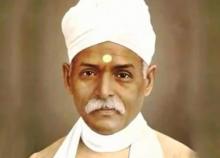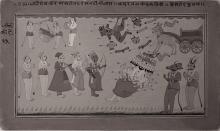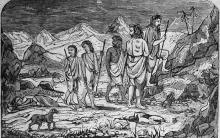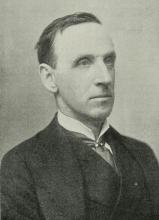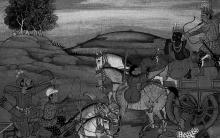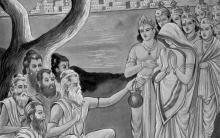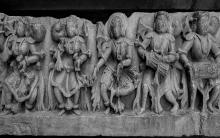Benevolence
Srinivasa Sastri possessed several characteristic traits that won people’s heart and gained him their appreciation. Scholarship, oratory skills, boarded mindedness, generosity, profundity, ethical shrewdness and political stances – these were amongst the several different kinds of qualities he possessed. It would not be an exaggeration to say that he was largely unparalleled in these qualities.

